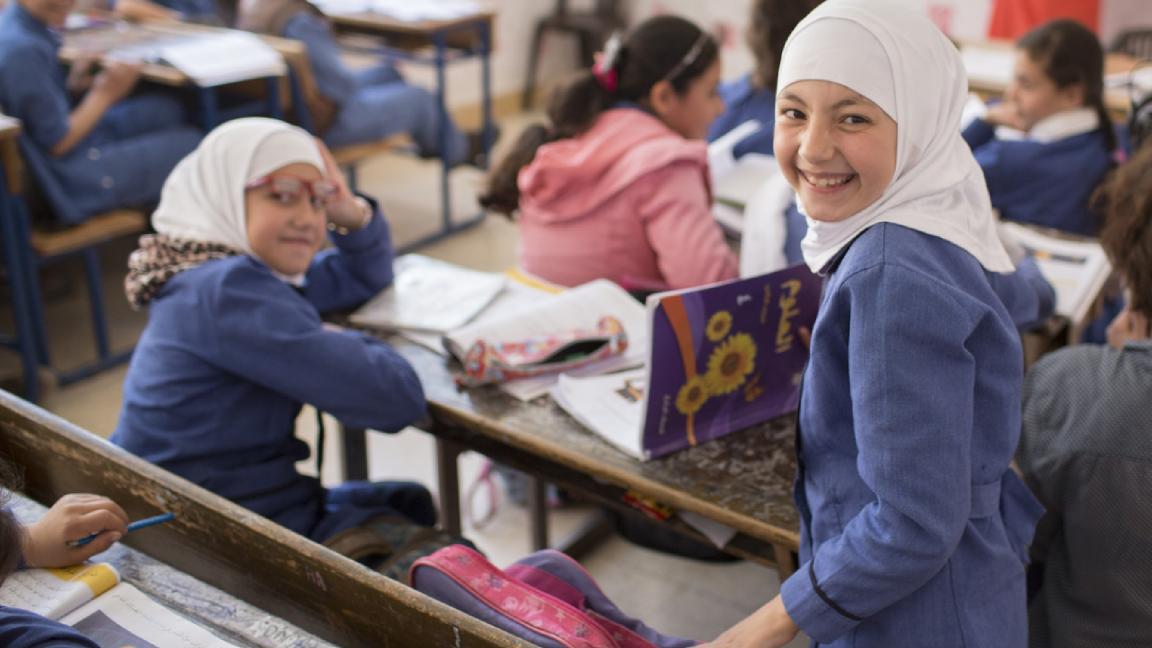Inclusive, high-quality education is a human right. It gives people the opportunity to shape their own lives. This, in turn, promotes social cohesion and economic growth. Education also helps to prevent conflicts and violence.
Despite this, almost one in three children in poor countries has no access to education. In 2023, there were still 251 million children and young people who did not go to school. 70 per cent of 10-year-olds in low and middle-income countries do not understand simple texts.

